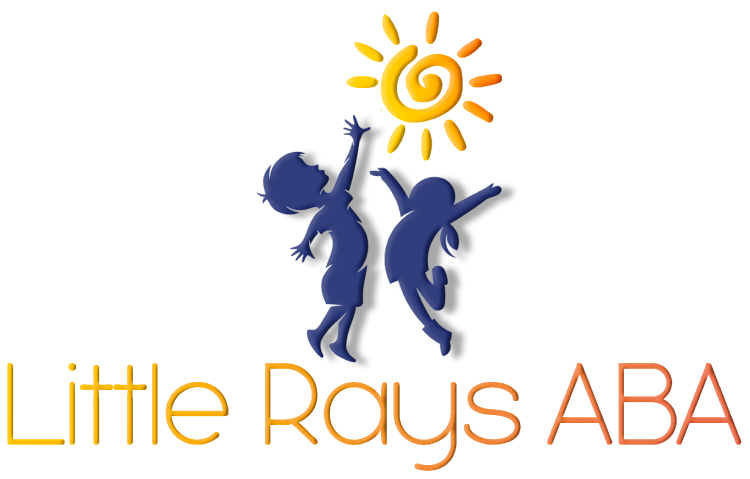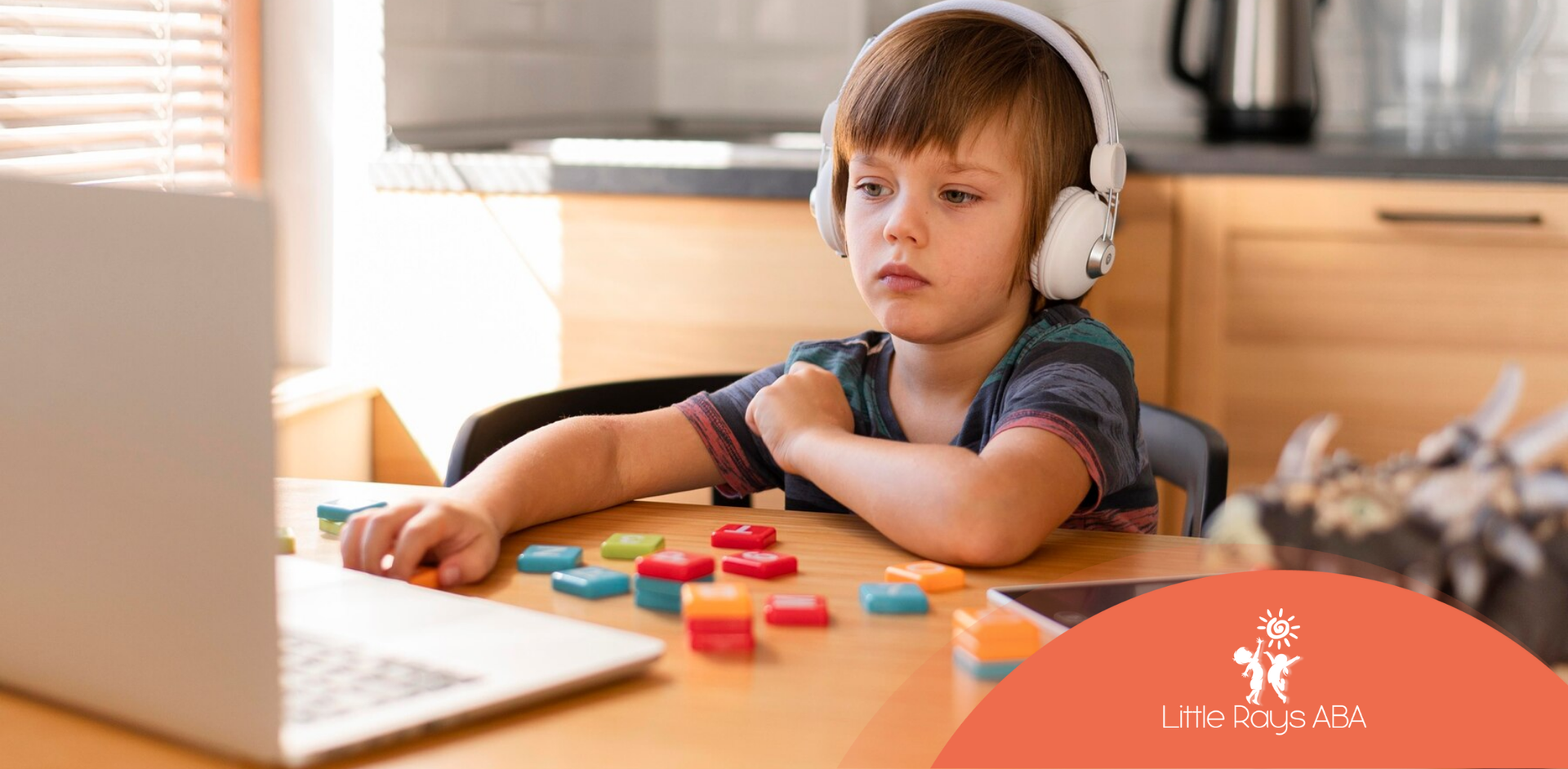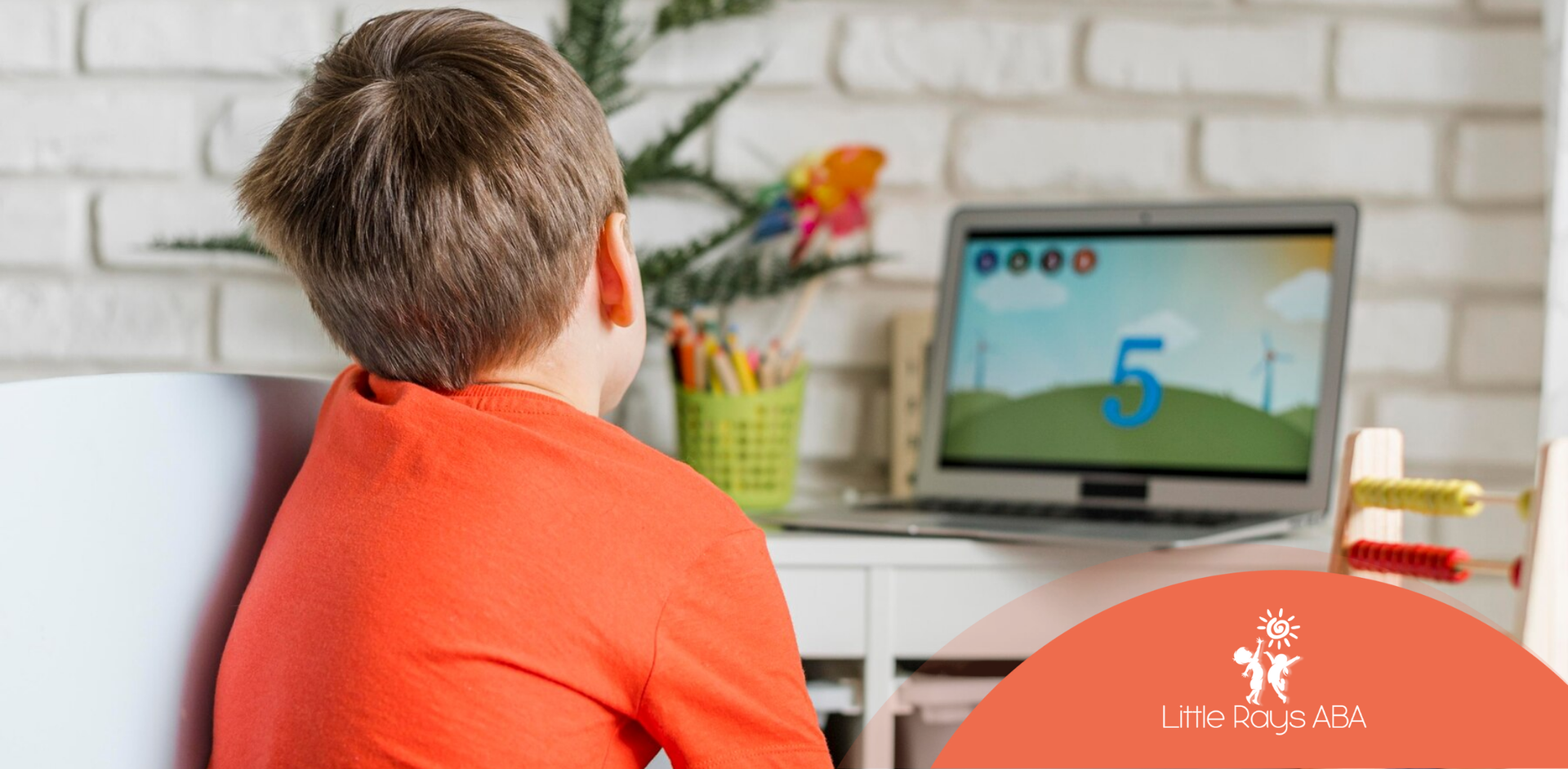Understanding Autism-Related Stress
Grasping what sets off anxiety for those with Autism Spectrum Disorder (ASD) is key to helping them relax and manage stress. Each person might have different hurdles, but some anxiety triggers spread across social situations and disruptions in their regular routines.
Triggers of Anxiety in ASD Individuals
Unplanned time, wandering without clear boundaries or agreed activities, can be particularly tough for folks with ASD. This lack of structure might crank up their anxiety as they grapple with unpredictability and the unknown direction.
Impact of Social Situations
Mixing with others can feel daunting for those with ASD, cranking up their anxiety levels. Whether the social event is happening now or down the track, it can cause heaps of stress and discomfort. Navigating the unspoken rules and cues of social interaction can be pretty tricky, often sending stress levels sky-high.
Stressors Related to Routines
Routines are a lifeline for those with ASD, offering a sense of order and predictability. But throw a wrench in their usual routine, and you've got trouble. Coming home after a school day filled with the hard job of holding it together, even the smallest change at home might stir up emotions and anxiety.
Taking the time to notice these anxiety triggers is like finding a map for better autism stress management techniques. Once caregivers and professionals can tune into these stressors, they can step up and help people with ASD manage their anxiety, paving the way for happier, healthier days.
ABA Therapy for Autism Stress
Dealing with stress tied to autism? Applied Behavior Analysis (or ABA therapy) is your go-to for helping people with autism spectrum disorder (ASD) tackle anxiety and make sense of tricky social situations. Read on to find out how ABA therapy works its magic, eases communication hiccups, and packs in clever strategies for managing stress.
Efficacy of ABA Therapy
ABA therapy's been getting thumbs-up for boosting behavior, chatting skills, and social know-how in folks with autism. As LEARN Behavioral highlights, it relieves stressed-out parents by focusing on better communication and handling challenging behavior. By stacking the deck with tailor-made, regular interventions, ABA therapy eases the anxiety ride for those dealing with autism-based hurdles.
Studies time and again say starting ABA therapy early and making it intense kickstarts big leaps in communication, behavior, and life skills for individuals with ASD. It's a structured setup that zooms in on specific hang-ups, helping learn new skills and reduce behaviors that trigger stress.
Addressing Communication Challenges
A key piece of the ABA therapy puzzle? is knocking down communication challenges that come with autism. Getting words out and understanding them can stress the bejesus out of those with ASD and their caregivers. ABA programs combine strategies like visual hints, prompting, and social storytelling to polish up those communication gems.
By beefing up both the talking and listening skills, ABA therapy arms individuals with autism to better express their needs, thoughts, and emotions. Less frustration, more friendly chats, and a boost in life satisfaction are the happy side effects here.
Behavioral Strategies for Stress Management
Beyond communication, ABA therapy's playbook includes plans for tackling stress head-on. These strategies are all about teaching folks with autism how to dial down stress with coping techniques and self-soothing moves when life's curveballs come their way.
In ABA therapy, you might see tools like relaxation exercises, organized schedules, and emotional regulation tactics rolled out. This equips folks to spot stressors and manage them like champs, building their street-smart resilience against life’s stress storms.
By wrapping behavior changes, new skills, and individual care plans into one comprehensive package, ABA therapy becomes a lifeline for people with autism and their families looking for stress relief. Tackling both the speaking barriers and behavior tricks, ABA therapy offers a whole-body approach that boosts well-being and lifts the life quality for those on the autism spectrum.
Coping Strategies for Parents
Raising a child with autism comes with its own set of rollercoaster challenges and rewards. Parents are the superheroes in this scenario, providing the essential support and guidance needed. Here are some game-changing strategies to help parents breeze through the journey of raising their special kids.
Staying Positive: Embrace the Good, the Bad, and Everything in Between
Caring for a child with autism isn't always a walk in the park, but a sprinkle of optimism can do wonders. Keeping your chin up amidst the chaos can make a world of difference. Thinking about what's going well and celebrating even the tiniest of victories can shift the gears from problems to progress. Trust me, that small high five after learning a new word is gold.
And let's not forget about emotions. They can be like a mixed bag of tricks. Recognizing and accepting the whirlwind of feelings that come with parenting a child with autism is essential. By embracing these emotions, parents can build strength and bounce through the tough times.
Little Moments of Zen: Mindfulness in Action
Now, let's talk about some zen vibes. Mindfulness is like a magic trick for stressed-out nerves. Programs focus on what's happening right now, creating a little pocket of calm in those hectic days. It's like pressing a reset button on your brain.
Simple practices like meditation or breathing exercises can help parents ease those stress knots and keep anxiety at bay. It's like taking a moment to sit back, relax, and just breathe it all in. And who knows, these little moments of peace could lead to better sleep and an overall happier you—and we all know parents need that like water in the desert.
Help is Out There: Don’t Be Afraid to Ask
Let's keep it real. Parenting a child with autism can feel like an emotional marathon. Reaching out for a lifeline of professional help isn’t a sign of defeat—it's an opportunity to lighten the load. Therapists, counselors, and support groups are more than ready to lend an ear.
These experts are like guides in the maze of parenting challenges, offering fresh perspectives and practical coping tips. They’re there for the ride, listening to you vent or laugh and helping you find new paths to resilience.
Remember, parenting isn't about being perfect; it's about doing the best you can with the resources you have. By weaving these strategies into everyday life, parents can be stronger and more compassionate while taking care of themselves and their kids. The goal is to create a loving and supportive environment—a win for the whole family.
Stress Management Techniques
Got a little stress but feel like it’s climbing Everest with no gear? Especially with autism, finding helpful ways to chill out and live in the moment can make a world of difference. We’re talking mindfulness vibes, some breathing magic, and a bit of muscle squeeze and release. Let's break these bad boys down and see how they rock for managing stress in individuals with autism.
Importance of Mindfulness
Mindfulness isn't just for the yoga mat anymore. It's a secret weapon for dealing with the brain’s chaotic chatter, especially if you're on the autism spectrum. A little tip from NCBI says mindfulness-based stress reduction does the trick for autistic adults. The folks in these programs often say they cope better with stress and see less anxiety and glum days.
Being mindful means honing in on the present, like really zooming in, and noticing thoughts and feelings without flipping out. It’s like training the brain to stay cool, collected, and ready to roll with life’s punches.
Deep Breathing Exercises
Feeling like you’re holding your breath around loud noises or crowded places? Deep breathing is a quick antidote. It's all about big, slow inhales that work like a chill pill for the mind and body. These deep breaths can peel back layers of stress and anxiety, grounding individuals during those overwhelming sensory overloads or tense social interactions.
Include it in the daily routine, make it as regular as your morning coffee. It builds a personal toolkit for calming the brain. Whenever anxiety hits, these breathing rituals can bring instant relief.
Progressive Muscle Relaxation
Progressive muscle relaxation might sound like a fancy term, but it’s got simple roots. Think about it like a game: tense a muscle, then let it all go. It keeps stress at bay and helps unclench tense muscles that sneak up during anxious times.
The result? A unique way to tune into those nerves and tension, melting it away with each systematic relaxation. This trick doesn’t just stop at easing stress; it boosts body smarts, letting individuals take the driver’s seat over how their body deals with stress.
By adopting a daily mix of mindfulness, deep breathing, and clumsy but effective muscle squeezes, individuals with autism can gain superpowers to handle stress. It's all about creating a stress-busting toolkit that calms the mind, lightens the soul, and builds a sturdy bridge over stormy waters.
Promising Studies on Stress Reduction
Dealing with stress tied to autism means finding what works. And there's good news—mindfulness-based interventions are making waves for individuals with autism and their caregivers.
Mindfulness-Based Interventions
Mindfulness programs have popped up as a solid stress-busting method for parents with autistic kids. Think meditation, tuning into physical sensations, and telling those nagging thoughts to take a hike. Regular mindfulness can help folks find some peace and lessen stress and anxiety.
One study mixed mindfulness with positive behavior support training, and moms with autistic kids felt major stress relief. Plus, they picked up tools to tackle their kids' tough behaviors, boosting well-being all around.
Effects on Stress, Anxiety, and Depression
Mindfulness isn't just buzzwords—it helps with stress, anxiety, and depression, especially for autistic folks. After diving into Mindfulness-Based Stress Reduction (MBSR), autistic adults saw stress levels drop and got better at handling stress.
These interventions didn't just tackle stress; they also curbed anxiety and depression symptoms after the fact. By weaving mindfulness into daily life, people on the autism spectrum can find new ways to handle the hurdles they face.
Improving Coping Skills
Programs like MBSR show real potential in boosting how individuals with autism handle stress. By staying in the moment and building self-awareness, people can boost resilience and come up with healthier ways to face stress. It's about taking charge of stress and improving overall well-being.
By tapping into mindfulness, individuals with autism and those who support them can snag useful tools for dealing with the stress that comes with autism. These programs don't just manage stress; they work on emotional health and coping skills, paving the way for a more balanced and joyful life.
Practical Help for Caregivers
Looking after someone with autism ain't always a walk in the park, but it sure can be rewarding. Caregivers, the unsung heroes in the lives of their loved ones, are on the frontlines, juggling both support and stress. This part's all about sharing some real-life hacks to help caregivers keep their chin up: staying healthy, finding your crew, and keeping it real with what you can do.
Taking Care of Yourself
Giving your all to someone with autism can sap your energy, both physically and mentally. It's easy for caregivers to forget themselves while they hustle for their family members. To keep going, they gotta make sure they're fit and fresh.
Eating right, squeezing in some daily exercise, and catching enough sleep aren't just good for the soul—they're essential. Staying active can ease that stress, lift your spirits, and just make you feel good all over. And don't skip those doctor visits because keeping your own health in check is crucial, too.
Finding Your People
Being a caregiver to someone with autism can sometimes feel like you’re on a deserted island—without the sunny beaches. That's where having a circle to lean on can make all the difference. Connecting with fellow caregivers, hopping into support groups, or hitting up online forums can banish the loneliness and help share the load.
A solid crew can offer more than just chat; they can lend a hand with stuff like giving you a breather or pointing you toward community resources. When you’ve got folks who’ve been there and done that, it’s way easier to share stories, swap life hacks, and grab onto the fact that you’re definitely not in this by yourself.
Keeping It Real
Caregivers sometimes put heaps of pressure on themselves to be superheroes. But hey, setting doable goals is key to keeping things cool and sidestepping the burnout. It’s about knowing your limits, taking time out for yourself, and remembering that you’re doing your best in a tough gig.
Setting goals you can hit, tackling things bit by bit, and showing yourself some love when it gets tough can lighten that load of stress and chaos. Don’t be scared to reach out for professional advice, join some autism coping skills training courses, or pick up some nifty ways to improve how you talk with your loved one—it all adds up to a smoother ride.
Helping caregivers focus on their health, find their tribe, and aim for reachable targets can make a world of difference in dealing with the ins and outs of autism care. When caregivers take time for themselves, they’re in a better spot to hang in there for the people they love, creating a healthier, more lasting caregiver groove.
Conclusion
At Little Rays ABA, we understand that navigating the complexities of autism can place significant stress on families. That's why we go beyond providing exceptional ABA therapy; we empower families with essential stress management techniques. Our compassionate team offers practical strategies and resources to help parents and caregivers build resilience, manage challenges, and foster a supportive home environment. We believe that a strong, well-supported family unit is crucial for the success of ABA therapy. Little Rays ABA is dedicated to providing holistic support, ensuring that both children and their families thrive. Let us guide you towards a more balanced and peaceful journey.
Frequently Asked Question
1. What are common stressors for families of children with autism?
Families may experience stress due to communication challenges, behavioral difficulties, financial strain, lack of social support, and the need for ongoing therapy and care.
2. How can mindfulness help in managing stress?
Mindfulness practices like deep breathing, meditation, and grounding exercises can help caregivers stay present, reduce anxiety, and manage overwhelming emotions.
3. What role does routine play in stress management?
A predictable routine can provide stability and comfort for both children with autism and their families, reducing anxiety and behavioral challenges.
Source:
https://www.psychiatry.org/patients-families/autism/what-is-autism-spectrum-disorder#:~:text=Autism%20spectrum%20disorder%20(ASD)%20is,restricted%20interests%20and%20repetitive%20behavior.
https://www.allstaraba.org/blog/aba-therapy-for-autism-related-stress
https://learnbehavioral.com/blog/how-parents-and-caregivers-of-kids-with-autism-cope-with-stress
https://learnbehavioral.com/blog/how-parents-and-caregivers-of-kids-with-autism-cope-with-stress
Unlock Your Child's Potential with Expert ABA Therapy!
At Little Rays ABA, we provide compassionate, evidence-based ABA therapy to help children with autism thrive. Our personalized approach fosters growth in communication, social skills, and independence.
Get In Touch With Us Today to Get Started With ABA Therapy!
Related Posts
MENU
GET IN TOUCH
7117 San Salvador Dr Boca Raton, FL 33433
3200 Collins Ave Miami Beach, FL 33140





